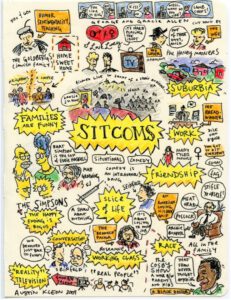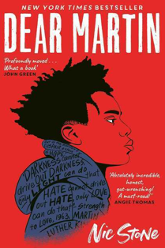
505 hours and 45 minutes – that’s how long it takes to watch all of my favorite TV shows. Ever since the first nationwide lockdown began in Germany last March, I’ve been doing some serious re-watching. Among the shows I’ve been binging is the entire season of Friends (10), Parks and Recreation (7), The Office (9), Modern Family (10), How I Met Your Mother (9), New Girl (7), and Brooklyn 99 (8) – and some more than once.
According to The Huffington Post, watching something familiar triggers a feeling of nostalgia, which has a positive effect on your mental health. For instance, your mind may reconnect with the setting, the people you were with, or the feelings you had when you initially watched a certain episode. In my case, re-watching TV shows transports me back to the time before the pandemic.
I’ve always been someone to watch a good TV show multiple times or read a good book more than once. At this point, however, the rate at which I re-watch a film or show has reached a new height. Why is that? And what do all those TV shows have in common, apart from being successful American sitcoms?









